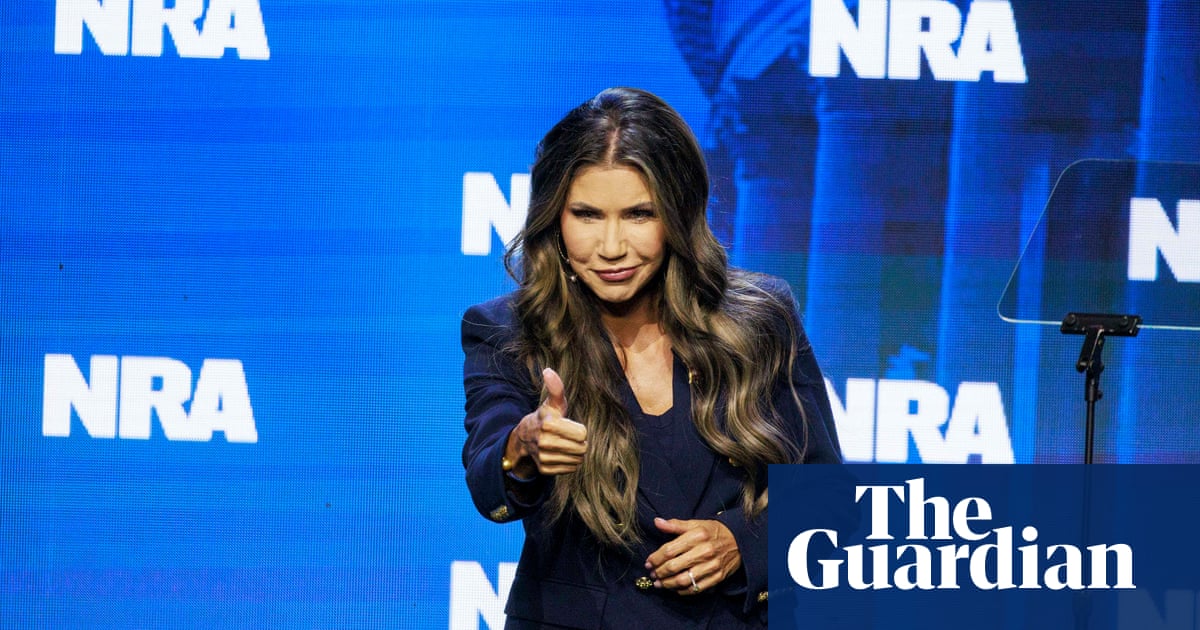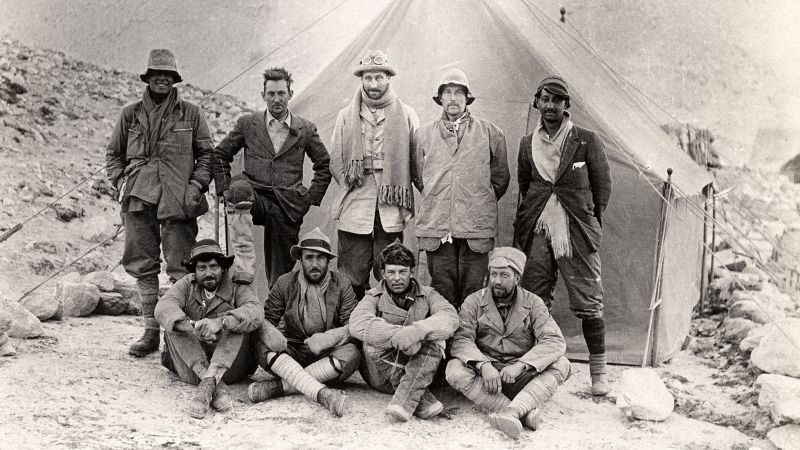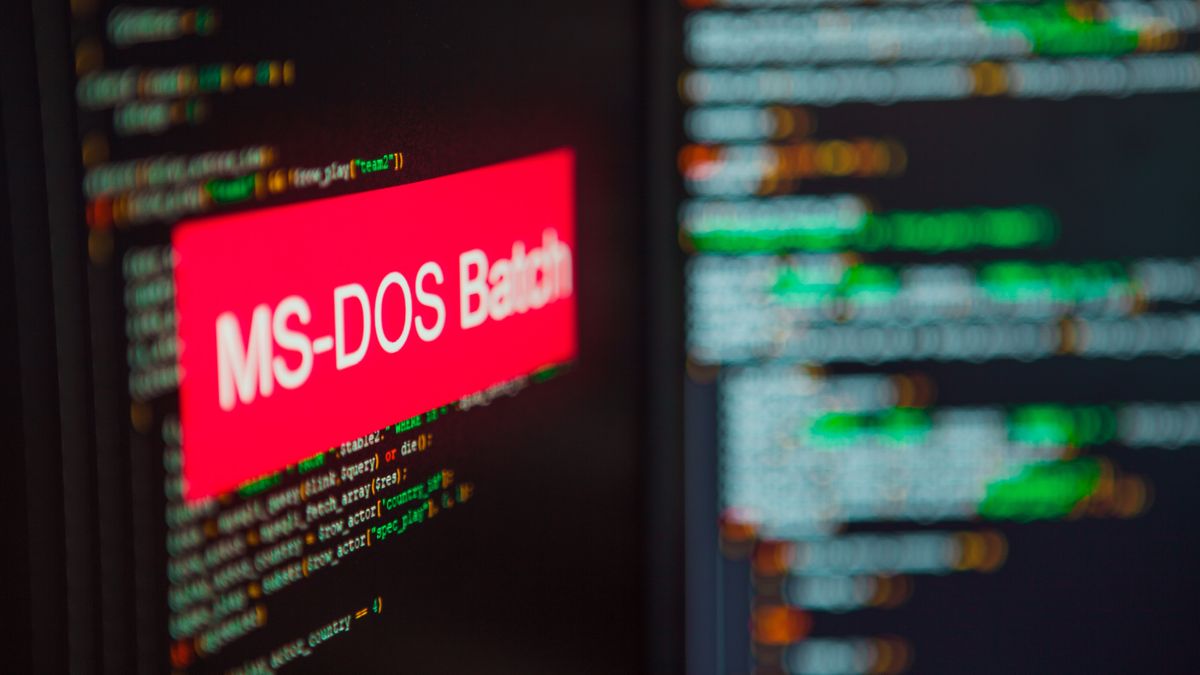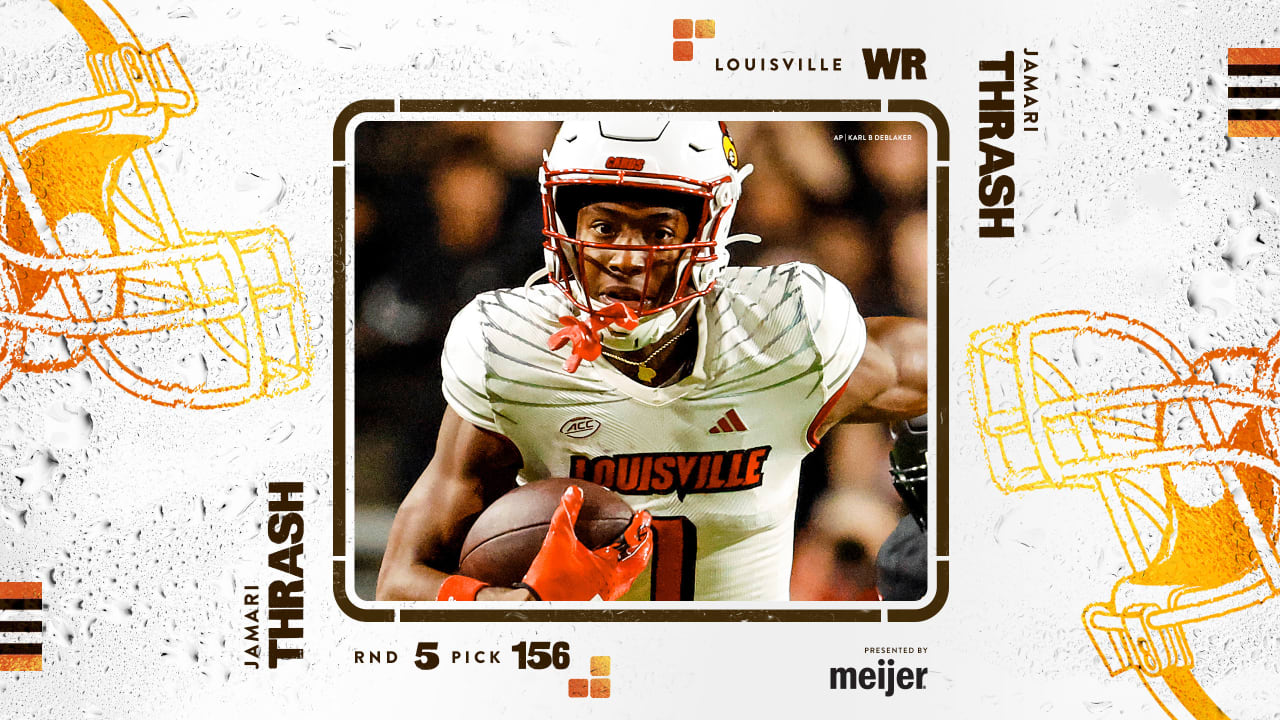Doug Emhoff speaks at annual National Menorah lighting ceremony
This year’s National Menorah lighting in Washington, D.C., took place under a cloud of rising instances of antisemitism.
As Hanukkah celebrations begin around the country, Jewish leaders say their communities will mark the holiday festival as usual despite rising antisemitism and heightened tensions and sensitivity among Americans prompted by the latest war between Israel and Hamas.
“It’s vital to never forget what makes being Jewish so joyful and encourage everyone to celebrate openly,” said Rabbi Noah Farkas, president and CEO of the Jewish Federation of Greater Los Angeles. “…. One of the core tenets of Hanukkah is to share the mitzvah of redemption publicly. Even in the darkest of times, we will not be cowed into hiding who we are.”
The annual Festival of Lights, a time of celebration and reflection commemorating the victory of Maccabee soldiers over the Syrian-Greek army, started Thursday evening and continues through Dec. 15.
But as Jews nationwide publicly mark the occasion, some communities are encountering resistance among non-Jews who fear their participation could be viewed as a political statement given the ongoing war in the Middle East.
In Rochester, Minnesota, a Hanukkah song was cut from a holiday concert after the school’s choir teacher after students likewise expressed concerns about appearing partisan in light of the ongoing war.
Last week, officials in the Portland, Maine, suburb of Westbrook removed a Star of David, which is featured on the Israeli flag, from a holiday display and replaced it with a dreidel after complaints from the Arab American community.
‘People don’t want to be silenced’
Eric Fingerhut, president and CEO of the Jewish Community Federations of North America, the New York-based body representing 300 independent Jewish communities nationwide, said public display of Hanukkah lights is an important part of the holiday tradition.
“Throughout our history, our community has had to balance whether to uphold that tradition in times of danger and adversity,” Fingerhut said.
Paul Rockower, executive director of the Jewish Community Relations Council of Greater Phoenix, said the Phoenix group had not encountered any resistance and was prepared to celebrate Hanukkah “publicly and joyously.”
“There are certainly folks taking extra precautions, and perhaps some individual murmurings of concern,” Rockower said – but otherwise the community was prepared to mark the holiday “in full joy of the season, and not hiding displays.”
Similarly, in Houston, Elyse Freed of the Jewish Federation of Greater Houston said city officials and those in other local municipalities planned to conduct menorah lightings and Hanukkah programs.
“People don’t want to be silenced and are doing their normal things,” she said.
Israel-Hamas war has sparked conflict in US
This week, Israeli troops advanced into the Gaza Strip’s second-largest city in what Israel described as some of the most intense fighting of the war sparked by Hamas’ Oct. 7 assault on Israeli border communities. Nearly 16,000 Palestinians have been killed and most of Gaza’s 2.3 million inhabitants have been displaced.
The conflict has inflamed sentiments across the U.S. and prompted a rise in both antisemitic and anti-Muslim hate incidents.
“We are seeing rising incidents of members not feeling safe,” said Tyler Gregory, CEO of the Jewish Community Relations Council Bay Area.
While the climate has little to do with Hanukkah itself, he said, it has translated into extra security costs and coordination efforts with local police to increase patrols near synagogues.
Farkas, of the Jewish Federation of Greater Los Angeles, said that instead of shrinking back, Jewish communities have to resist the urge to hide in fear.
“Our Jewish community is facing a dark and challenging time,” he said. The issue has been especially acute among young members of the community, he said, “who are being harassed in unprecedented numbers across college campuses and online.”
Antisemitism on the rise in US
Antisemitism in the United States has been spiking since 2016. The Anti-Defamation League, a Jewish civil rights organization, last year recorded 3,697 such incidents, a 36% increase over 2021 and the highest number on record since the group began tracking antisemitic incidents in 1979.
Increased security measures such as armed guards and metal detectors have been adopted by Jewish institutions for years, stepped up after 9/11 and events such as the 2018 mass shooting that claimed the lives of 18 worshippers at a Pittsburgh-area synagogue.
“Thanks to years of investment we’ve made to ensure that our communities know how to secure themselves, we are hearing many Jews say it’s particularly important to proudly display their menorahs and bring more light into this dark time,” said Fingerhut, of the Jewish Federations of North America.
Members of the Jewish Community Relations Council of Minnesota and the Dakotas have been visiting high schools ever since the war began, collecting testimonies from Jewish students about how safe they feel expressing their identity, whether it be a Star of David necklace or a sweatshirt from a Jewish summer camp.
“A significant and concerning amount said they did not feel comfortable expressing their Jewish identity publicly,” said Sami Rahamim, the group’s director of communications and community affairs. “They’ve basically been forced into the closet as Jews because of this climate.”
Alvin Rosenfeld, a Jewish studies professor at Indiana University in Bloomington, said he’s aware some Jews might feel uneasy about being publicly identified as such.
“We are living at a time when Jew-hatred is more vocal, more visual, more pervasive and more unapologetically out there than it has been for decades,” said Rosenfeld, who directs the university’s Center for the Study of Contemporary Antisemitism. “It’s also far more threatening.”
Recently, Rosenfeld arrived from an out-of-town trip to the Indianapolis airport, where he said he was heartened to find an ornate Christmas tree positioned near a tall, brightly lit menorah. Neither felt intended as a political statement, and he rejoiced at seeing both.
“It’s baffling and disappointing for me to see that, in some towns, displaying a menorah is now out of the question,” he said. Such reactions, he said, are driven by people “caught up in advocating a cancel culture and victim culture… Any public display of Jewishness is targeted to be canceled. That doesn’t represent the America I’ve known and am proud of.”

Elaine Hadley is a dedicated journalist covering the ever-evolving landscape of U.S. news. With a keen interest in politics and a commitment to uncovering the truth, she provides insightful commentary and in-depth analysis on domestic issues. When not reporting, Elaine enjoys exploring the diverse cultures and landscapes of the United States.








